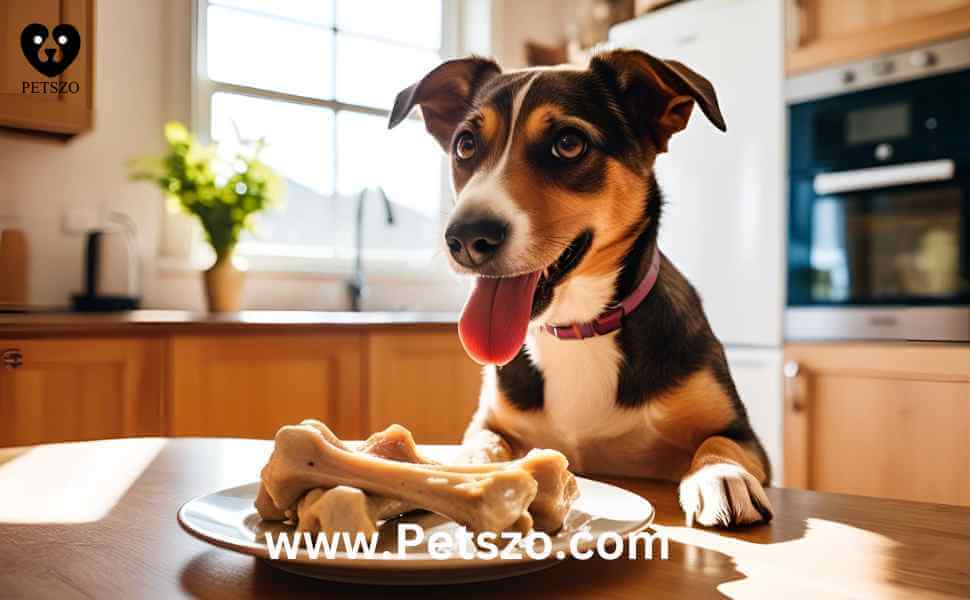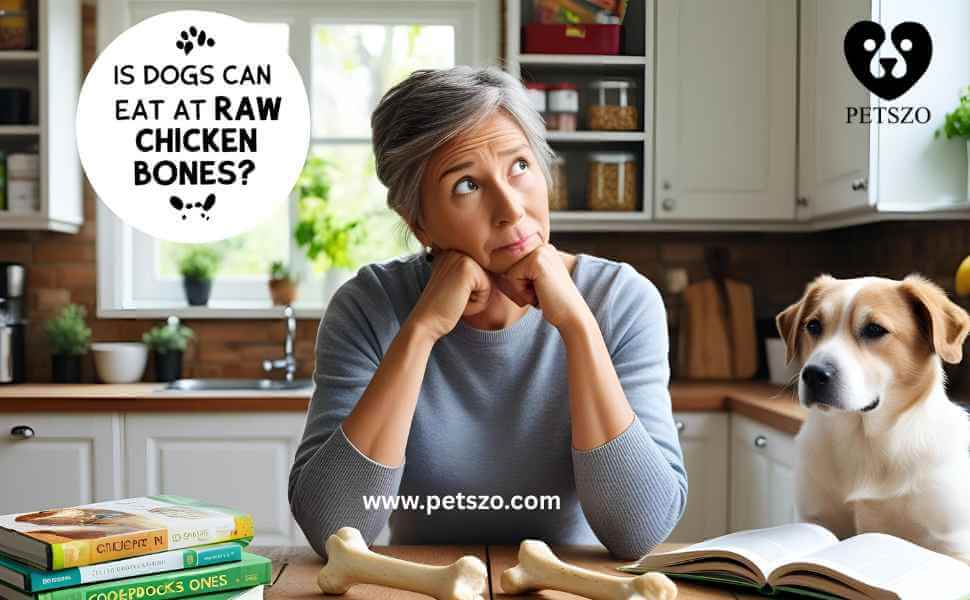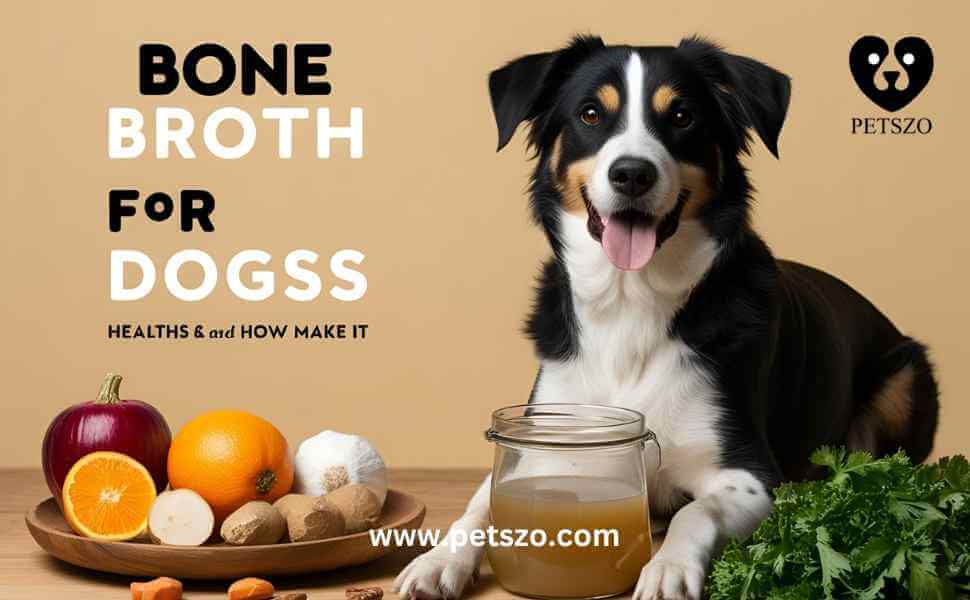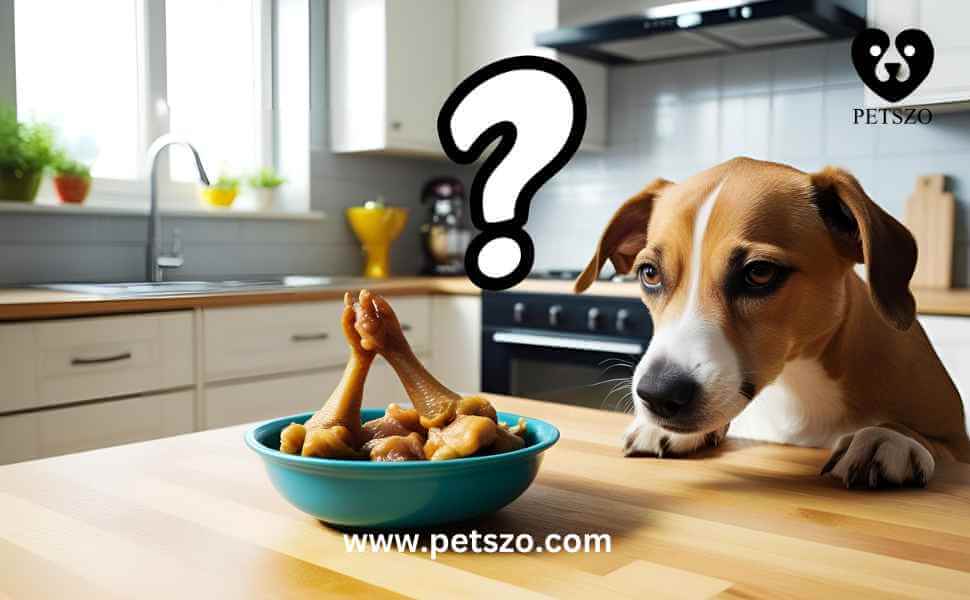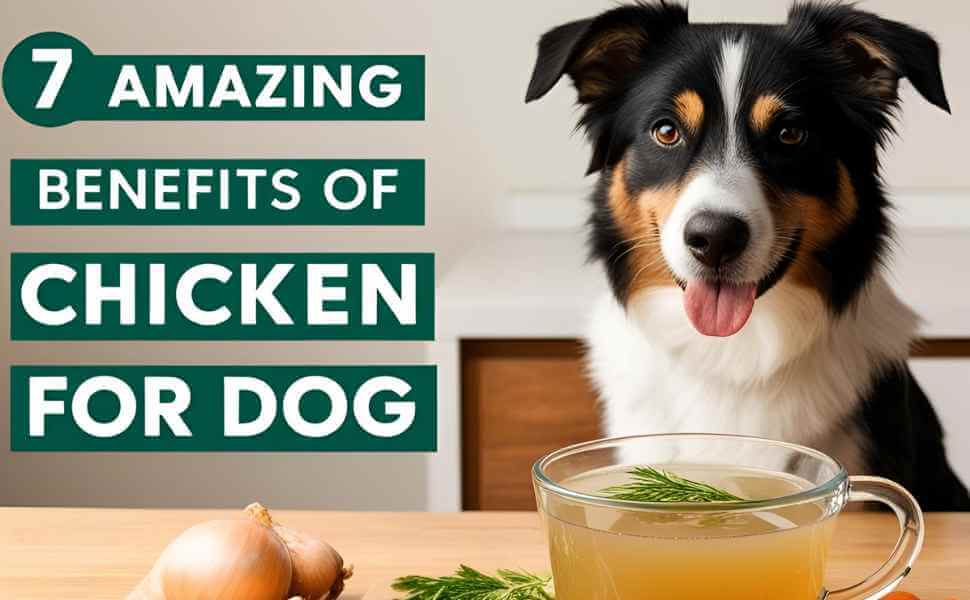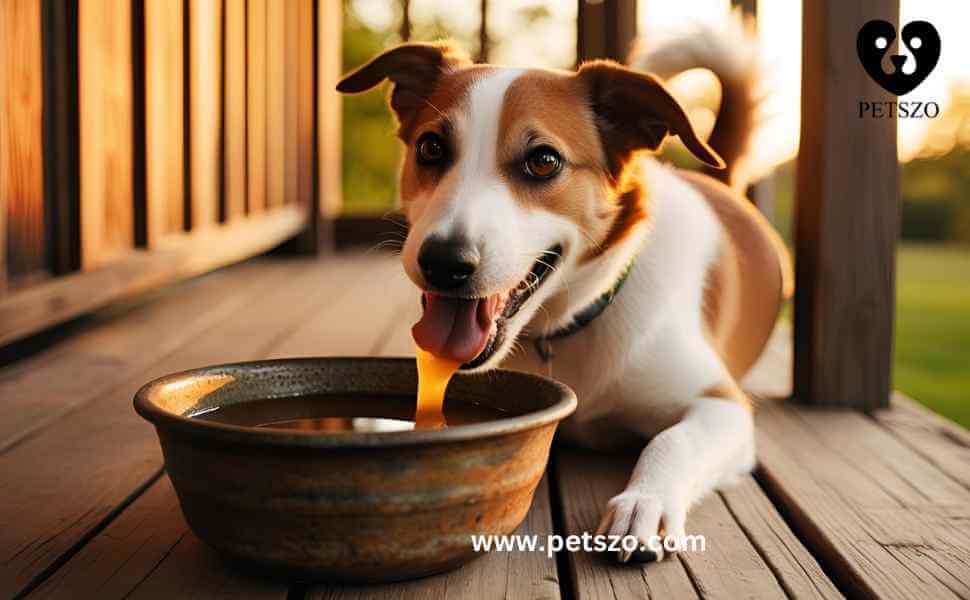As a dog owner, you might have wondered, “Can dogs have chicken bones?” While it seems harmless to give your dog chicken bones, the truth is that it can be dangerous, mainly depending on the type of bone (cooked or raw).
In this article, we’ll break down everything you need to know about chicken bones and dogs, including what to do if your dog eats them, the potential dangers, and how to prevent accidents in the future.
Can My Dog Eat Cooked Chicken Bones?
No, dogs should not eat cooked chicken bones. Cooked bones become breakable and can splinter easily. These splinters can pose serious risks like choking or tearing the oesophagus, stomach, or intestines. If your dog eats cooked chicken bones, they could suffer from severe internal injuries that may lead to infection or even death if not treated properly.
Tip: Always avoid giving your dog cooked bones from any animal. Instead, offer safer alternatives like raw bones (if suitable for your dog) or chew toys specifically made for dogs.
Can My Dog Eat Raw Chicken Bones?
Raw chicken bones are safer than cooked ones, but risks remain. Raw bones are softer and less likely to sliver. However, they can still cause choking, blockage, or intestinal injuries if they’re too large or if your dog doesn’t chew them properly.
Tip: If you choose to give your dog raw chicken bones, make sure they’re appropriate in size and that you supervise them while chewing. Once a bone becomes small enough to be swallowed whole, permanently remove it.

What to Do If Your Dog Ate Chicken Bones
If your dog eats chicken bones—whether cooked or raw—it’s essential to take immediate action. Here’s a step-by-step guide:
Check for Choking Symptoms
Look for signs like:
- Drooling
- Gagging
- Pawing at mouth
- Difficulty breathing
If your dog shows these signs, immediately contact your veterinarian or an emergency clinic.
Do NOT Induce Vomiting
Many dog owners may think inducing vomiting will help remove the bones, but it’s often dangerous. Vomiting can cause the bone to lodge more profoundly in the throat or damage the digestive tract. Always consult your vet first.
Monitor Your Dog for Symptoms
Even if your dog isn’t choking, monitor them closely over the next 24-48 hours for any unusual signs such as:
- Vomiting
- Lethargy
- Diarrhea
- Abdominal pain
- Blood in stool
If any of these symptoms appear, seek immediate veterinary care.
Feed a Bland Diet
If your dog seems okay, feeding a bland diet like boiled chicken (without bones) and rice can help soothe the stomach.
Avoid Over-the-Counter Medications
Do not give your dog any human medications like antacids or painkillers. These can be toxic to dogs and might worsen the situation.
When to Contact Your Veterinarian
Contact your vet immediately if your dog displays distress, pain, or digestive problems. Even if symptoms are mild, it’s always better to be safe than sorry.
How Do Veterinarians Treat Dogs That Swallowed Chicken Bones?
If your dog needs professional care after eating chicken bones, here’s how your vet will treat them:
Hydration & Fluids
Dogs may get dehydrated after swallowing a bone due to the stress it places on their digestive system. Vets may give intravenous fluids to keep your dog hydrated.
Avoid Antacids
Antacids might be used for humans but can slow your dog’s digestive process. Instead, vets focus on soothing the stomach with safe treatments.
Special Diets
To support recovery, your vet may recommend easy-to-digest foods that won’t irritate the stomach or intestines.
Probiotics
In some cases, vets may suggest probiotics to help restore healthy gut bacteria and promote better digestion.
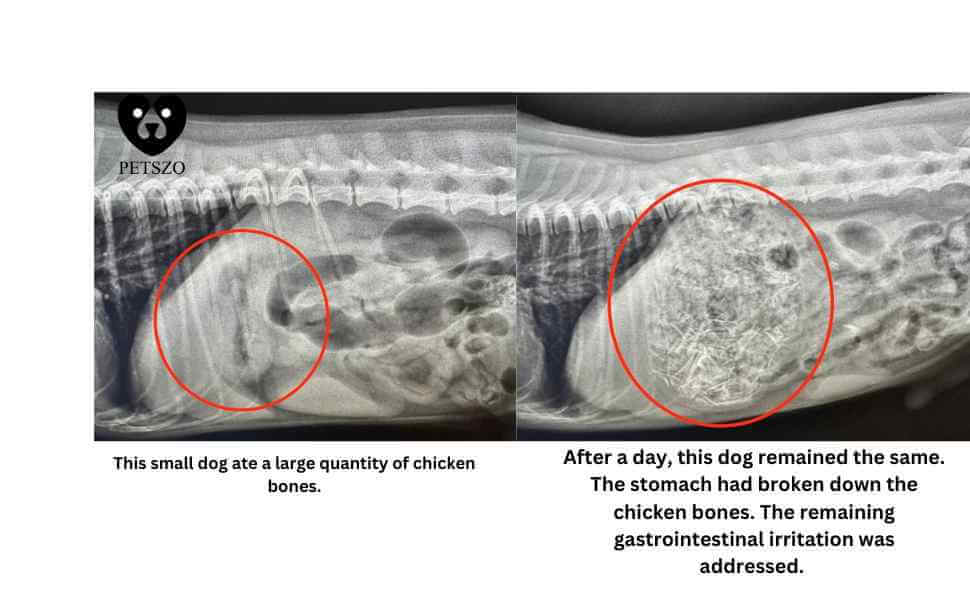
Potential Complications of Eating Chicken Bones
Several potential risks should not be ignored if your dog eats chicken bones. These include:
Choking
Cooked bones can splinter and get lodged in the throat, blocking the airway. This can be life-threatening.
Gastrointestinal Blockage
Bones can get stuck in the stomach or intestines, causing a blockage. This can lead to severe pain and vomiting and requires surgical intervention if not treated.
Perforation or Internal Puncture
Sharp bone fragments can puncture the stomach or intestines, causing bleeding, infection, or even peritonitis (inflammation of the abdominal cavity).
Gastroenteritis
Eating chicken bones can irritate the stomach and intestines, leading to gastroenteritis. This results in symptoms like vomiting, diarrhoea, and fever.
Constipation
Some dogs may develop constipation after swallowing bones, which can cause discomfort and require veterinary tretment.
How to Prevent This in the Future
Now that you understand the risks, here are some ways to prevent accidents in the future:
Safe Bone Alternatives for Dogs
Instead of giving your dog chicken bones, consider providing:
- Raw meaty bones (from reputable sources)
- Bully sticks
- Yak chews
- Kong toys
There is less risk of harm when using these.
Training Tips to Avoid Table Scraps
Many dogs eat dangerous foods because they are allowed to scavenge table scraps. Make sure your dog doesn’t beg for food and keeps food out of its reach. This helps prevent accidental ingestion of harmful foods like chicken bones.
Raw vs Cooked Bones: Which is Safer?
Raw bones are typically safer than cooked bones. Cooked bones sliver easily and can cause serious internal injuries. Always opt for raw bones appropriate for your dog’s size and chewing ability.
How to Dog-Proof Your Kitchen & Trash Bins
Ensure your dog can’t access trash cans or countertops. Dogs are opportunistic, and ensuring they can’t get into the trash reduces the chances of eating something dangerous.
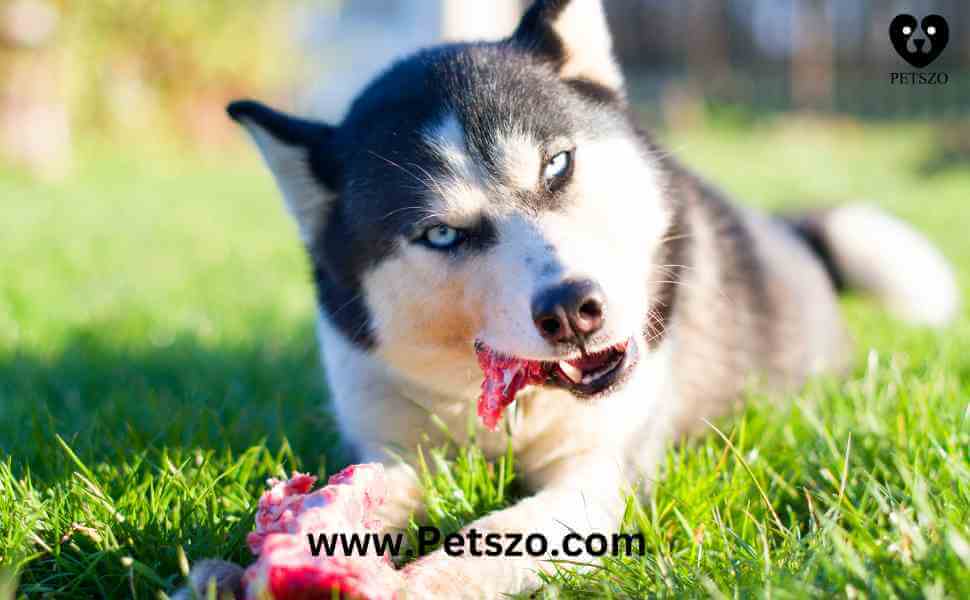
What If My Dog Ate Beef or Pork Bones?
The risks of eating beef or pork bones are similar to those of chicken bones. Cooked bones from any source—beef, pork, or poultry—can splinter and cause choking or gastrointestinal issues. Always avoid giving cooked bones to your dog, and ensure any raw bones you provide are safe and appropriately sized.
What can happen when my dog eats a chicken bone?
Several dangerous things can happen if your dog eats a chicken bone:
Esophagus Blockage
The bone can get stuck in the oesophagus, causing difficulty swallowing and choking.
Intestinal Tears & Internal Bleeding
A sharp bone can puncture the intestines or stomach, leading to bleeding and severe infections.
Bacterial Contamination & Infection
Ingesting bones can introduce bacteria, causing infections that might lead to vomiting, diarrhoea, and fever.
Conclusion
Chicken bones might seem like a simple treat for your dog, but they come with serious risks—whether cooked or raw. Cooked bones are dangerous due to their tendency to splinter, while raw bones should still be carefully given. As a responsible pet owner, it’s essential to understand these risks and take steps to avert accidents.
If your dog consumes chicken bones, act quickly and contact your veterinarian to ensure its health and safety. By being “active and alert,” you can ensure your dog stays safe and healthy.
FAQs
Can Dogs Digest Chicken Bones Naturally?
Yes, raw chicken bones are more manageable for dogs to digest than cooked bones, but they should always be carefully given.
What Should I Do If My Small Dog Ate a Chicken Bone?
Small dogs are more prone to choking on chicken bones. Follow the same steps, but contact your vet immediately if your small dog shows signs of choking.
How Long Does It Take for a Dog to Pass a Bone?
It typically takes a dog 24-48 hours to pass a bone. Monitor your dog’s stool and look for signs of distress.
Are Raw Chicken Bones Safer Than Cooked Bones?
Yes, raw chicken bones are safer than cooked ones. Cooking makes bones breakable and more likely to splinter.
Can a Dog Die From Eating Chicken Bones?
In severe cases, if a bone punctures the intestines or causes a barrier, it can be lethal without immediate treatment.
